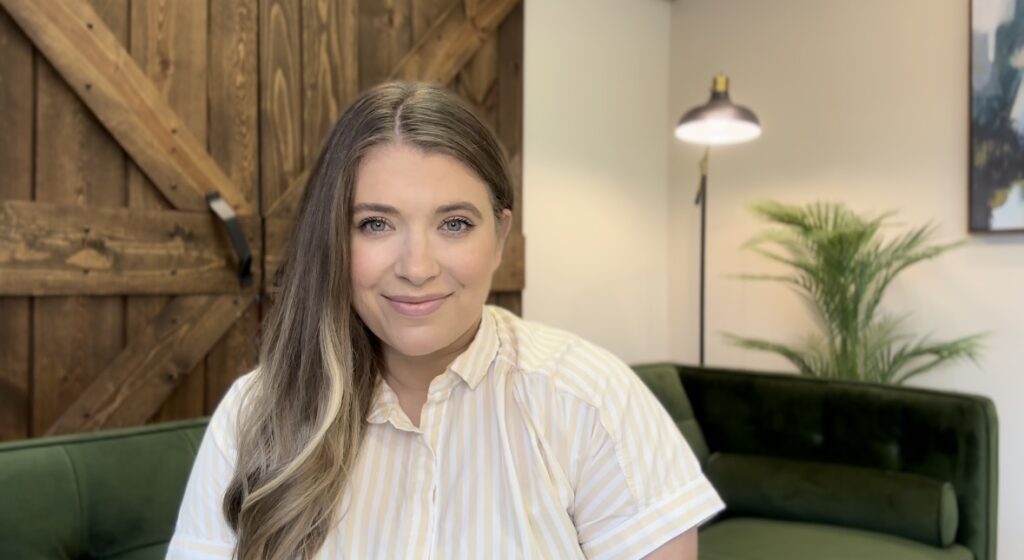By: Jessica Taylor, LPC
Guess what? Your therapist has probably (hopefully!) been to therapy. In fact, they are likely engaging in ongoing therapy. Back in the day, psychotherapy was really only used to treat severe mental illness. But these days, it is a pretty well-known fact that therapy is extremely beneficial for many different areas of the human experience. Therapy can help you manage normal life stressors in a healthy way. It can also help you navigate life transitions.
I’m a therapist in Denver, Colorado. I have been in the field for over 10 years and now own a small group practice in South Denver. In my own life, I tend to engage in therapy in an episodic way, seeking out support when I am feeling particularly anxious or overwhelmed and need a neutral person to hear me out. That being said, here are three important lessons that I have learned in my own therapy.
- You are not that special
- Okay, I know that sounds harsh, but listen up. We are all in our own little world; being critical of ourselves. Or just hyper-focused on our own stuff. That doesn’t leave much space to judge others. Sure, other people might notice the things that we don’t like about ourselves (for example, the way our body looks, or the texture of our skin), but they are usually just noticing and not really judging. If someone is judgmental of others, this is coming from a place of extremely low self-esteem and the need to project those feelings out rather than face their own pain.
- So, the next time your low self-esteem brain wants to tell you that everyone in the meeting is thinking about that blemish on your face, just remind yourself that you are not that special!
- You don’t have it all figured out
- Even the most introspective, insightful people need to process out loud sometimes. Circling the drain about something (for example, whether that person you’re dating is starting to pull away) in our own head is typically not as helpful as processing it in therapy.
- This is because the way we perceive our reality is innately distorted by our own emotions, our core beliefs, and the unhelpful thinking patterns humans are prone to fall into.
- Sometimes processing isn’t helpful
- Okay, okay! I realize that I’m contradicting myself here. But as humans we are also “meaning-makers.” We are always searching for the ‘why.’ But sometimes, things just will never make sense to us, and honestly, they don’t need to make sense to us in order for healing and movement forward to occur.
- An example of this is when in therapy with one of my clients, we talk about a few potential reasons why she might be struggling with low self-esteem in love relationships, which leads to co-dependent behavior. And then five minutes later she says, “I just don’t know why I’m like this.” It is then when I usually reply with: “I think you do know why you are ‘like that,’ and even so, that doesn’t matter as much as what we need to do to begin shifting the negative thoughts you are believing about yourself and the unhelpful behaviors you are engaging in (I say this in a less jargon-y way, but you get the picture.)”
- Getting caught up in the “but why?” is a convenient way of staying stuck in your behaviors and avoiding change. Because change is scary!
Those are just a few of the helpful lessons therapy can teach everyone, even your therapist. Looking for modern therapy with a no BS approach? We can help with that. Reach out today to get linked to the Thrive therapist that matches best to you.

